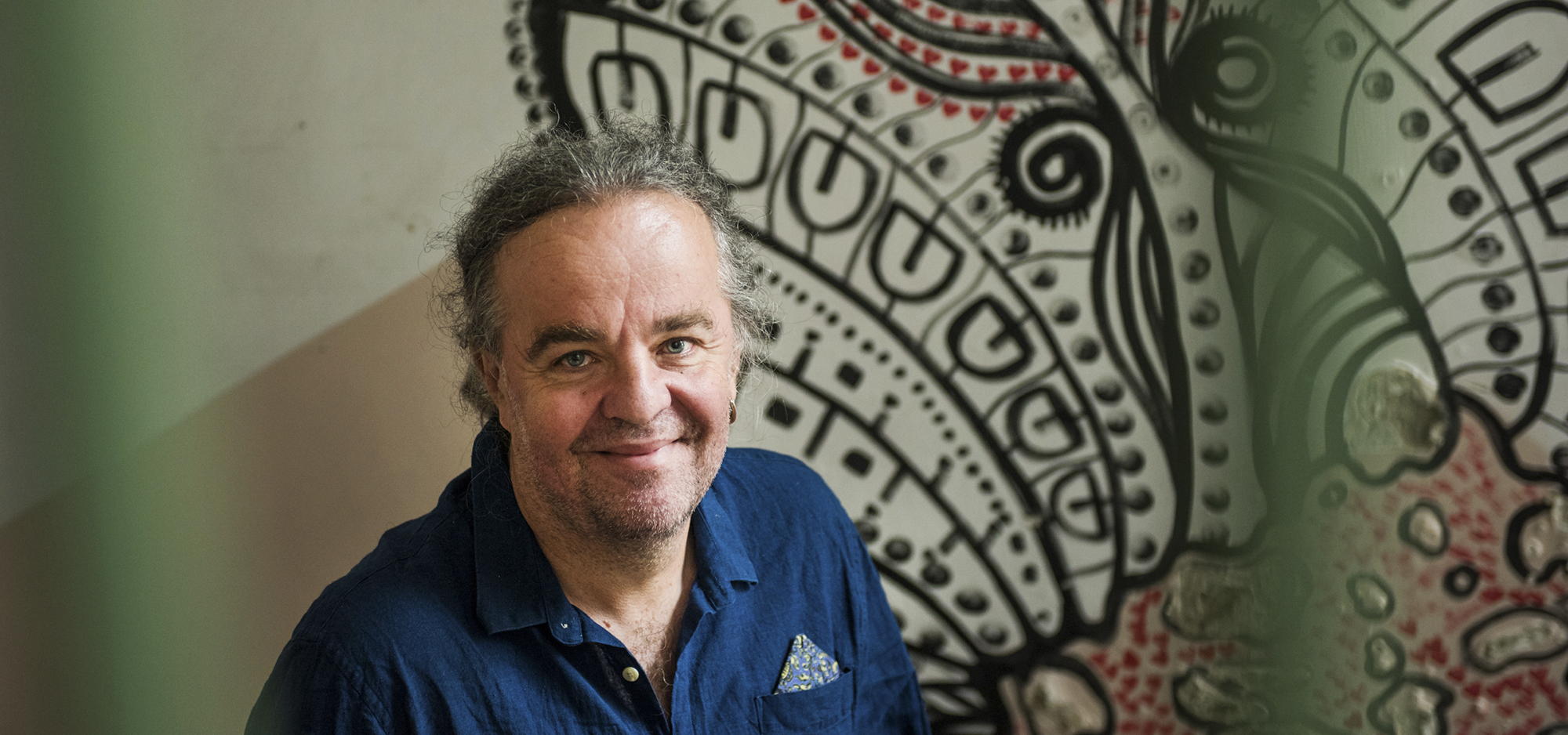
Miljenko Jergović: I am genuinely afraid of our countries entering the European Union
One of the region’s most important writers talks fascism in Europe, the future, and migration.
One-on-one | EU

Aleksandar Brezar
Aleksandar Brezar was born in 1984 in Sarajevo. Presenter and reporter for the Bosnian public broadcaster BHRT, he has also worked as a journalist at Radio 202, and on several documentaries for PBS, Holocaust Memorial Museum United States of America and Al Jazeera English. He also works as a literary translator.
This story was originally written in Serbian.